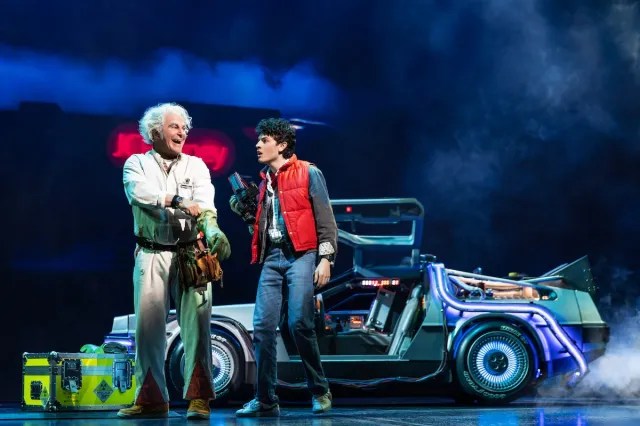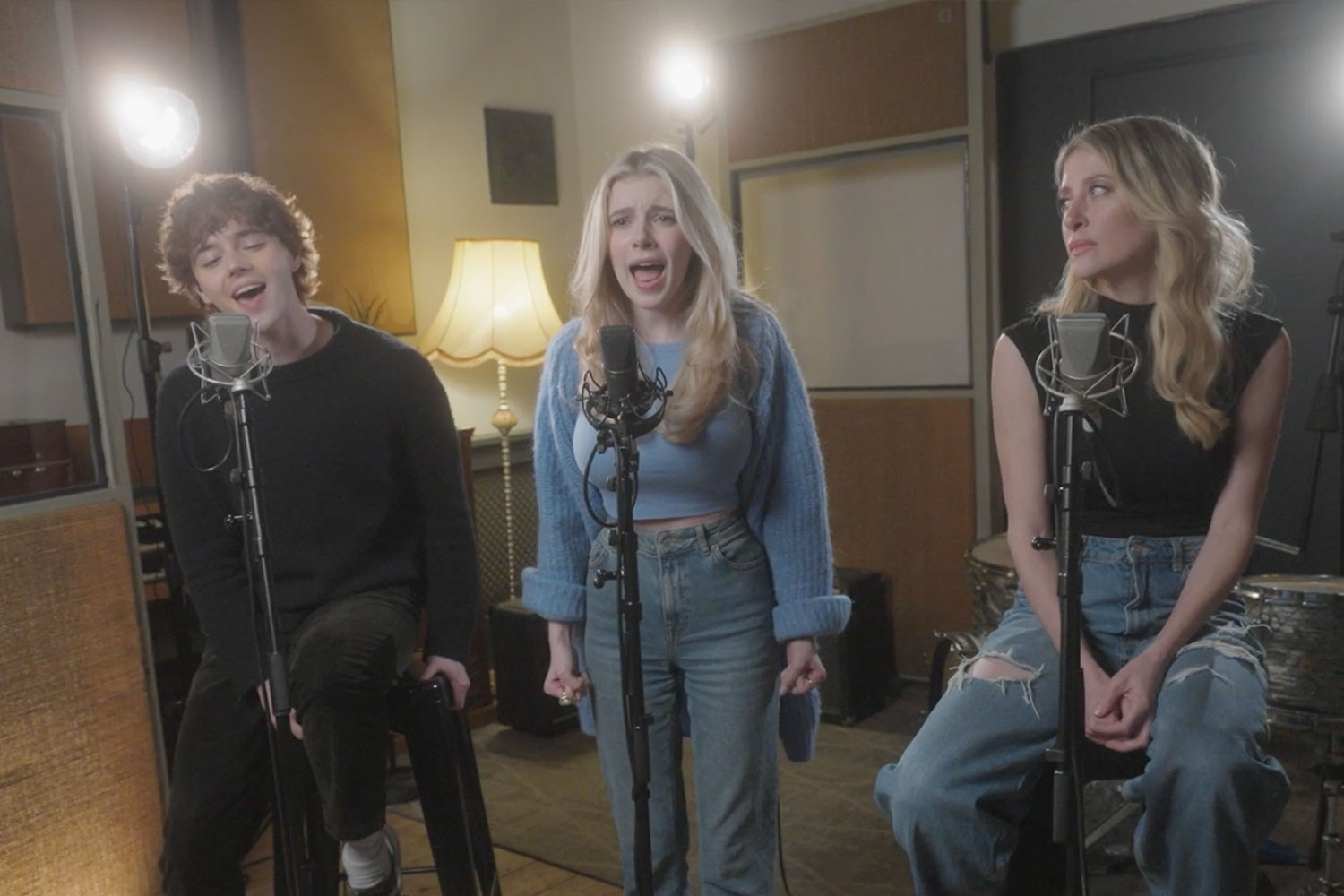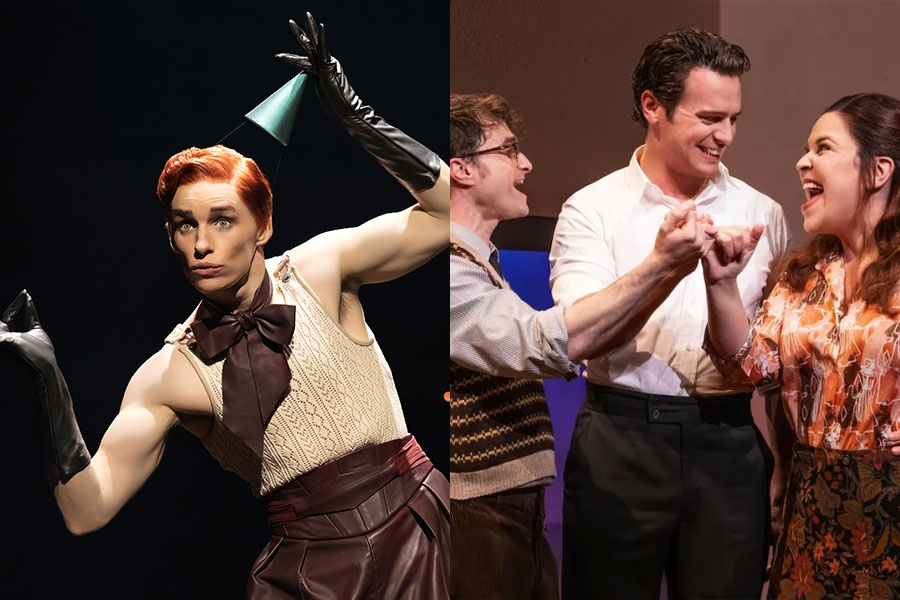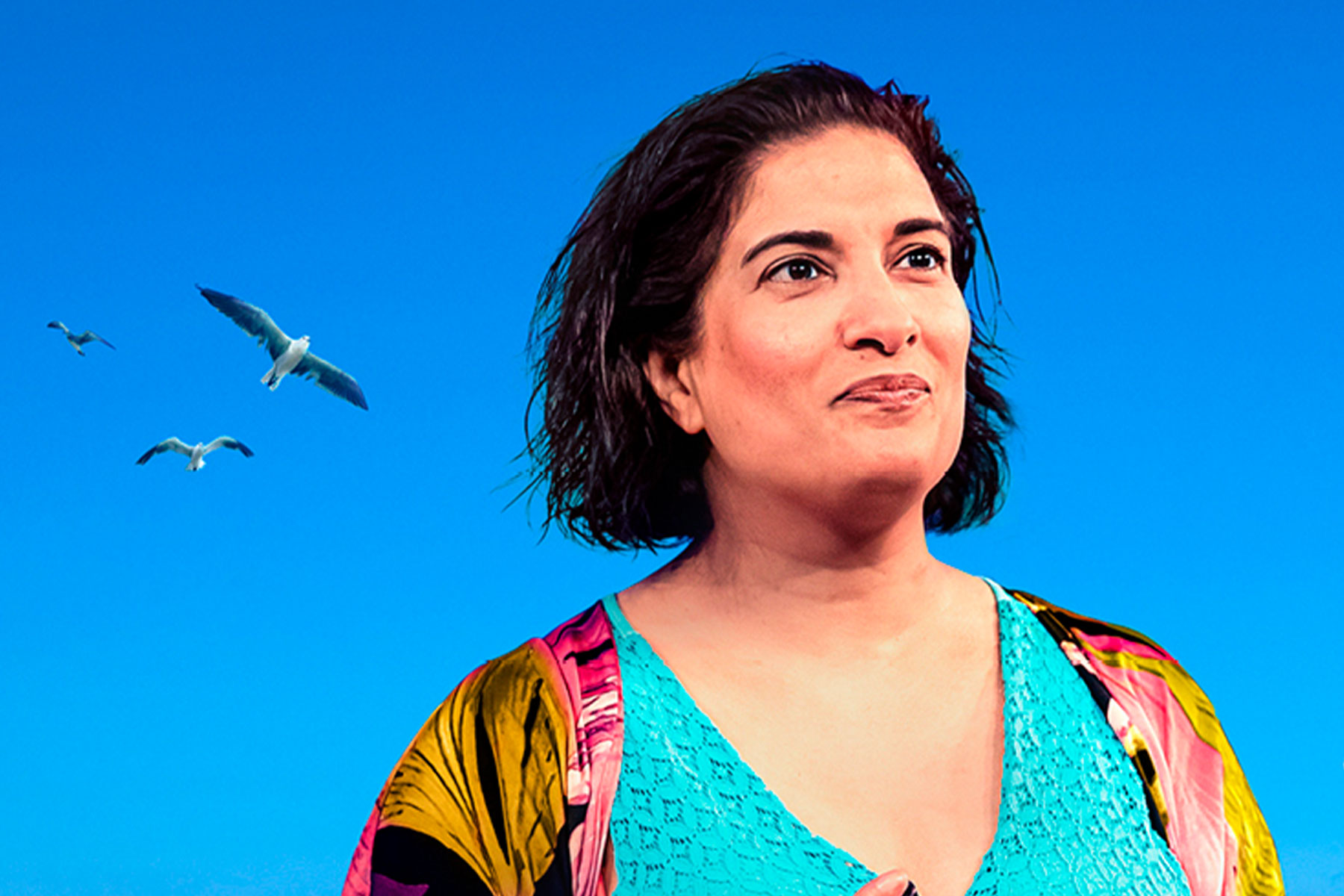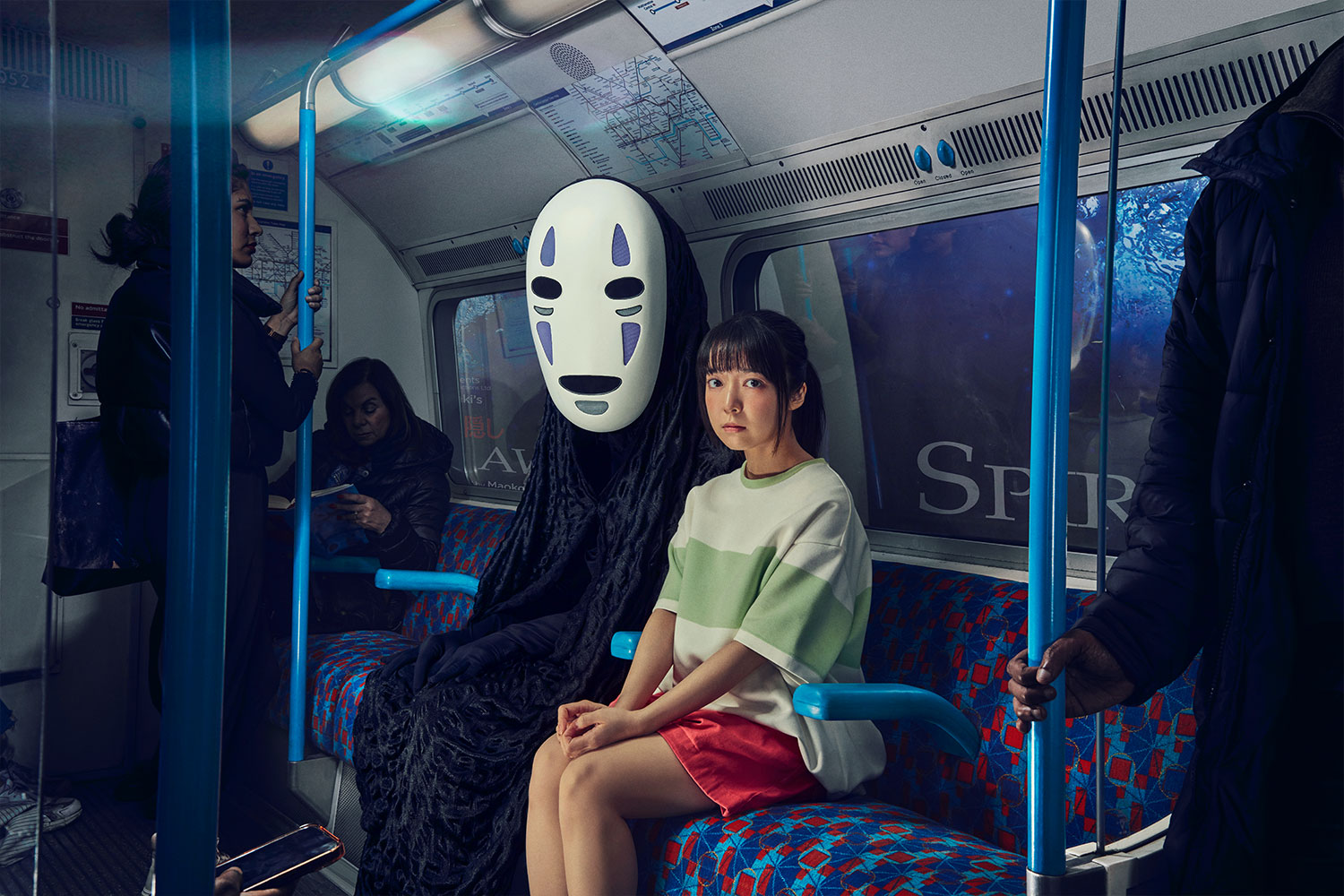The Audience
The surprise element in Peter Morgan’s highly entertaining new play, speculating on what conversations Her Majesty might have had in the weekly Tuesday afternoon private meeting with her Prime Ministers (although Tony Blair changed it to Wednesdays), is its imaginative range, lack of sentimentality and incisive intelligence.
And in Helen Mirren’s brilliant but un-showy performance – magically still and dignified, with a glancing look of either regret or critical intervention despatched along her own left shoulder and arm – we see an almost Shakespearean monarch who measures her own loneliness and sense of duty against the temporal troubles of her premier politicians, some of whom are even keener to tell her how to do her job than they are to explain their own.
In the Stephen Frears film The Queen (2006), Mirren and Morgan combined to analyse the aftermath of the Princess Diana tragedy in terms of judging the public mood and re-assessing the role of the monarchy.
In Stephen Daldry’s extraordinarily clever production of The Audience, there’s a more beguiling attempt to invest the Queen with a depth of humanity and sensitivity she no doubt has but rarely betrays: a postage stamp with a pulse, or an isolated figurehead?
Alec Douglas-Home (“friend of the family”), the much-disliked Edward Heath and the bumptious Tony Blair (hated by Prince Philip, apparently) all register non-appearances here, but the rest of her “Dirty Dozen” PM’s turn up, from Edward Fox’s doddery but iron-fisted Churchill to Nathaniel Parker’s blustery, nail-chewing Gordon Brown, Michael Elwyn’s pill-popping Anthony Eden sleep-walking “illegally” to disaster in Suez (here posited as the Iraq of its day) and Haydn Gwynne’s oddly elasticated, steam-rolling Mrs Thatcher, incensed about an alleged “political” leak from the Palace.
Paul Ritter (John Major) & Helen Mirren (The Queen)
The chronology is fluid, dream-like in Buckingham Palace itself, designed by Bob Crowley as a marble-pillared hall of receding perspectives where Mirren, in a series of brilliant costume-changes, and superbly differentiated wigs, braces herself for revealing encounters with the two men she obviously liked most, Paul Ritter’s bendy-limbed, fidgety and confessional John Major, and Richard McCabe’s “Hunched of Huddersfield” Harold Wilson.
Major opens out about his unhappy schooldays and lack of appetite for the job, while Mirren’s Queen moves gradually towards the appealing cleverness and straightforwardness of Wilson, moved by his illness at the end. Their scene together in a spectacularly mist-laden Balmoral (Rick Fisher’s lighting is a marvel throughout) is a classic, complete with tartan blankets, wailing pipers and frisky corgis.
But the most striking structural device is that of pairing Mirren with her younger self (Nell Williams on opening night) as both a voice of conscience and a receptacle of the older Queen’s wisdom and advice.
It’s a beautifully poised theatrical element in an evening that never slips into a series of sketches, and in Mirren’s performance goes way beyond that, even when David Peart’s unctuous Jim Callaghan and Rufus Wright’s puppyish David Cameron (sending her off to sleep) move her perilously close to direct expressions of contempt.



